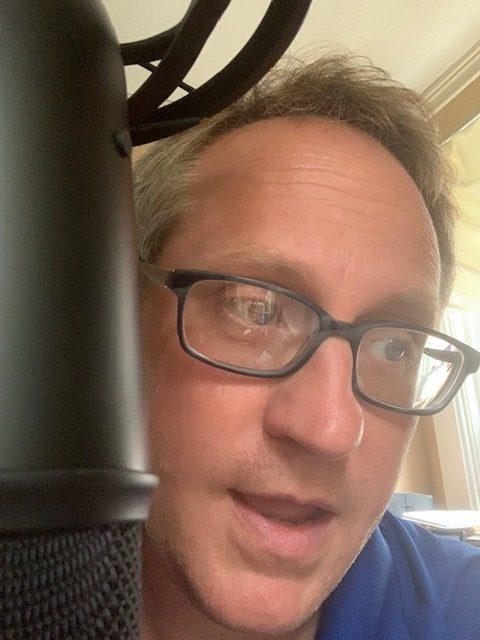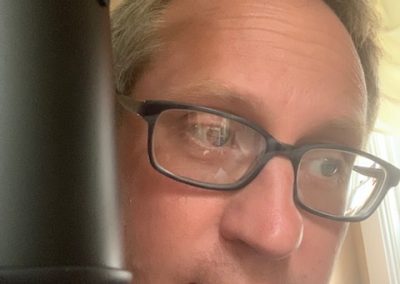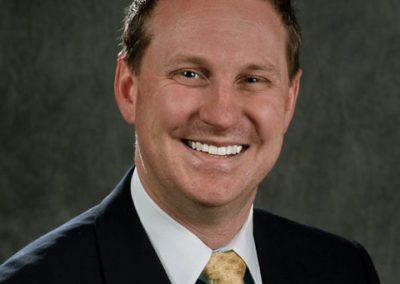An ‘Export’ Town?
Used by permission of artist
Scott M. Graves is Founder of M the Media Project and SMGraves Associates. As contributing writer to M, he writes under the series Politics, Done Local and Democratic Capitalism in addition to Essays from An Artist. He is host of SMG’s ‘Are We Here Yet?’ and On the Rocks Politica Podcasts.
His work at SMGraves Associates focuses on building value in real property by considering the commercial and social ecosystems that play out within our built environments. Community Development that seeks to build pride in place and create economic opportunity for more citizens of our cities and towns. He is managing Partner of Exponential Property Investment Co-Operative.
There have been several recent events in the city I currently live in that encourage one to believe we may be headed in the right direction when it comes to economic development.
The city of Gardner, a small city of 21,000 people in central Massachusetts only recently de-industrialized compared to many of its neighbors. Statistical data on its first slow then rapid decline trace their roots some ninety plus years in our past. The rapid part of that decline came unspeakably to a crashing climax just prior to the recession of 2008.
But recent interest from a real estate investment group see our interview with John Bombaci May 19, 2022.And other minor improvements underway downtown like the city’s experimental pocket park are truly positive steps, representing characteristics of other successful communities throughout the globe.
I am always willing to give credit where credit is due and the fact Mr. Bombaci and his group see promise in Gardner where many of us have not made the same investments locally is deserving of our attention. I also think some perspective is in order; we must collectively take a deep breath and get right with what is sure to fundamentally change our community for the better.
When working to understand how a City like Gardner got the way it is and what it needs to do to get to a better future one must understand the difference between an import town versus an export town.
Ours is an extraction economy. Taking without necessarily giving back in equal share has been a mainstay of our form of capitalism for two centuries. To date, we’ve extracted all of the easy to find minerals from the earth, we’ve extracted the easy to find petroleum and now scrub sand to eke out every last drop of oil while we wage wars to win the remaining oil on foreign soil before it too is spent by another superpower struggling with its decline.
We’ve extracted the soils of this country to a point that most of our arable land is merely medium for holding chemical fertilizers. One only need to spend a day in Nebraska in April, thousands of acres of open cropland sprayed with massive amounts of ammonia to fix nitrogen where once fertile soils were kept in balance by microfauna and deep-rooted prairie grasses. In our own time, financial titans are busy extracting what’s left of our industrial base not to mention our community banks, and many have moved on to the last thing any of us have any value left in; the American single-family home. (more on that impending financial disaster a bit later).
We’re just so very good at extraction. Our communities once exported goods we made by adding value to them for a profit before sending them off into the world. But through all of this extraction and the subsequent waves of economic decline that inevitably followed each cycle, we’ve long since become exporters of our talent. Our children. Our futures.
The net loss in North central Massachusetts of professional class people to the daily commute was 39,800 in 2019. A total of just under 80,000 professional class people, people that should be working in places like Gardner during the day, eating in our restaurants, shopping in our stores, joining our Rotary club leave to work somewhere east or south of here. We are an export town. Mostly, you could say we’re good at exporting our money to other, better, prettier or more productive places.
How do we change?
It’s time to follow the path being tread by countless American cities large and small all over the United States.
The strategy must be to focus on creating a critical mass of activity centered around primary employers. The focus is further made effective when focused on companies who innovate. I don’t mean simply that they create intellectual property or focus on high tech or certainly not manufacturing that requires low-wage opportunities.
I mean creating an environment through programming, investment and effective policy-making that allows for the constant launch of home-grown, diverse businesses that focus on the creation of new value-added product as the basis of their strategy.
Cities like Littleton, CO embraced this to such effect in the 1980’s, 1990’s and early 2000’s that their economic development personnel went on to create the International Center for Economic Gardening. Industries as diverse as defense, biotech, engineering, small-tech manufacturing, environmental, entertainment and service-sector all found fertile ground in Littleton by recognizing they could stay ahead of the competition by staying one product ahead. Were it not for that philosophy the city would not support them through data and other programming.
In 40 years the city did not give away one dollar in tax incentives.
And with primary employers (think 50-200 employees) constantly being started and developed here in Gardner, you bring the professional wages that support families who in turn support restaurants, entertainment hubs, retail outlets and other ‘downtown’ business.
I have nothing against pocket parks, dog parks and ‘L-O’V-E’ signs. When they are placed IN their proper context within a long-term strategy that’s working for a community, I find them quite palatable. When these attributes are ‘sold’ to our neighbors at the expense of more meaningful economic development I find these ploys to be a slap in the face.
What’s that? You’ve lost your home to foreclosure and can’t find a job less than an hour from here? Looks like you need to move on down the line. But before you go, have a seat in our pocket park and enjoy a little ‘L-O’V-E’ on us.
Recent attempts by the city to outlaw blight, see the unanimous vote in favor during our City Council’s meeting on May 16, are another common mistake of young or incompetent leadership. Another slap in the face of the poor while simply not addressing the very real issue of creating the right environment for some real growth. Growth that ensures all can participate in the economy.
Currently, our community lacks the meat and potatoes. We’ve gone straight to eating maraschino cherries and spraying whipped cream down our throats. No fundamentals mean no fabulous.
One thing I do know, though. We’ve got so much more potential. We need to meet the Candor Realty’s of the world halfway and do our part to make this a city for all.
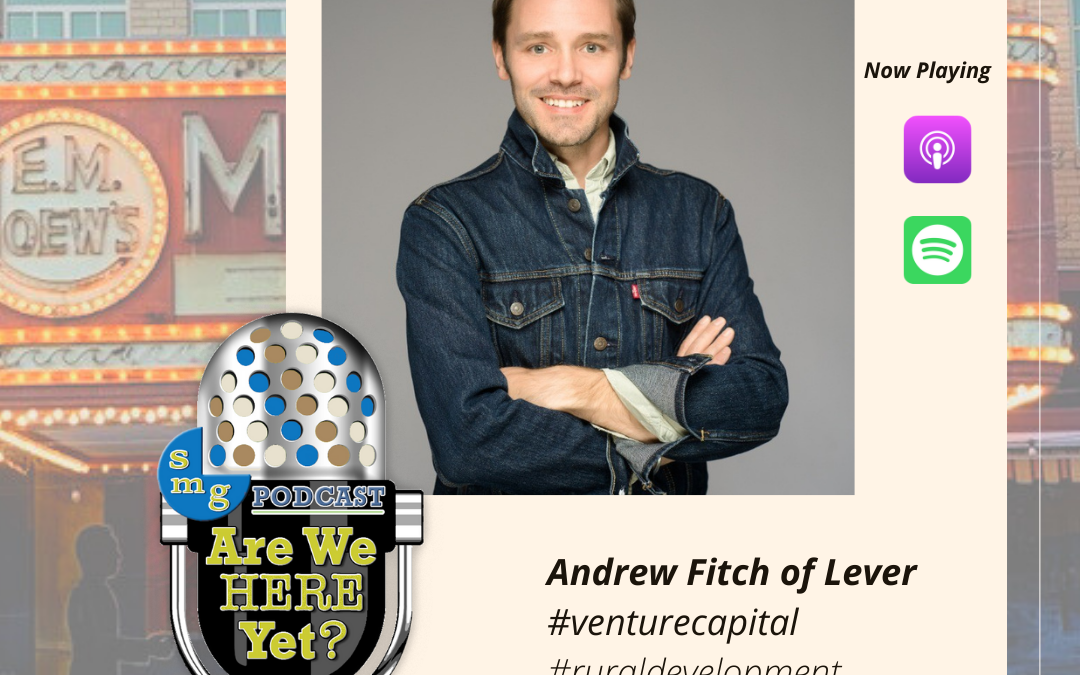
Episode 168 Are We Here Yet?
Venture Capital and new business in the Berkshires of MassachusettsOur guest, Andrew Fitch is Communications Manager for Lever, a Venture Capital Source pioneered by founders and government in the city of North Adams, MA. The last decade or more has seen a resurgence...

Episode 167 Are We Here Yet?
How we Leverage Open Source for a Better Society ‘Open Source is a service to others without a clear or obvious return...’ Kendall Fortney is an artist and designer based in Vermont who is currently the Program Director for UVM's VERSO the open source program centered...
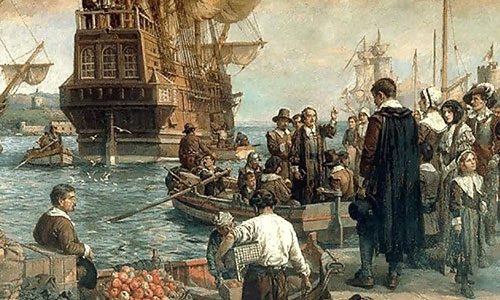
Episode 166 Are We Here Yet?
An essay, interviews and contemporary poetry ‘It is time to shed our fears, cast off our mark of 'Colonizer'. It is time to grow up. It is time to stop suffering needlessly...’ For our latest Are We Here yet? podcast we offer four perspectives sure to keep you...
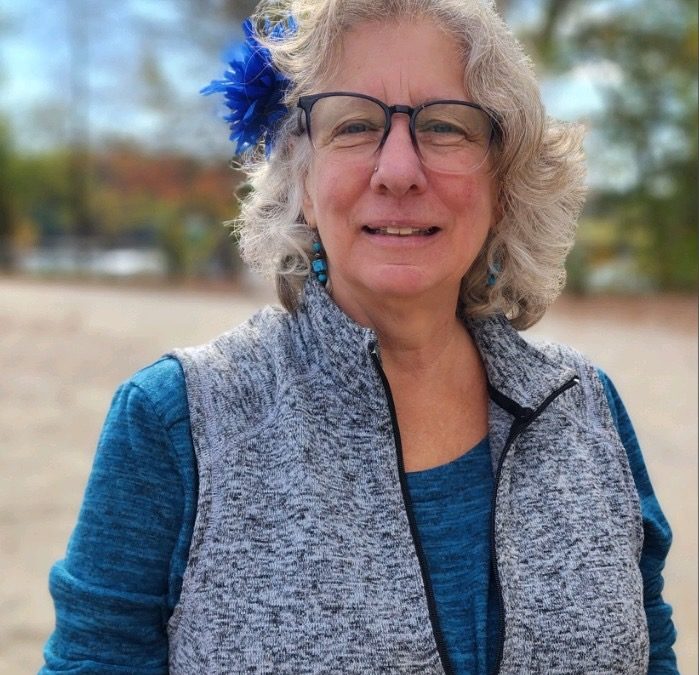
Episode 165 Are We Here Yet?
Plus Orrin Evans Part II in The Jazz Room ‘If you have an idea for something you think would make the world a better place, don’t wait for someone else to do it. Just don’t. Just get started.’ CEO Kimmerly Nace is dedicated to changing the narrative on how we see...
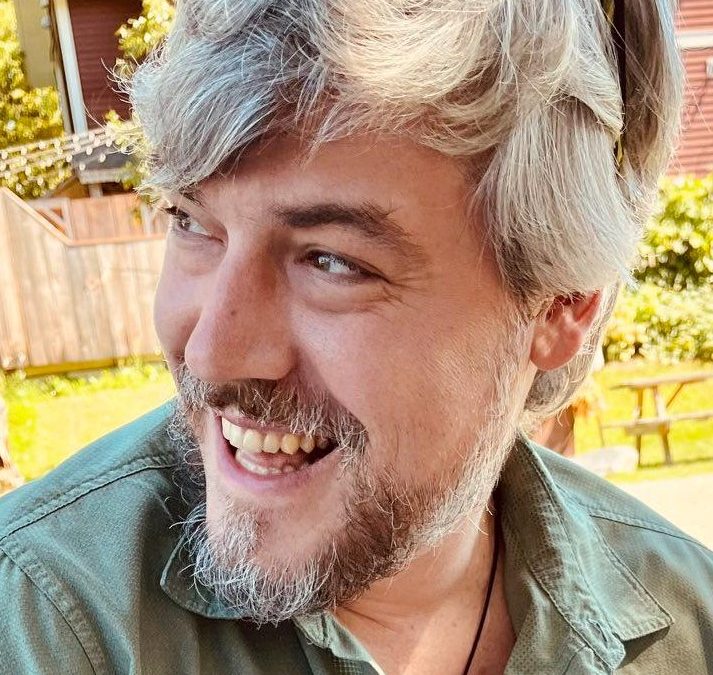
Episode 164 Are We Here Yet?
Plus Part I Orrin Evans in The Jazz Room Startup founders: today’s audio plat savoureux from the Innova802 crew focused on our guest Matt Cropp, executive director of the Vermont Employee Ownership Center (VEOC). We discussed why you need to consider your future exit...
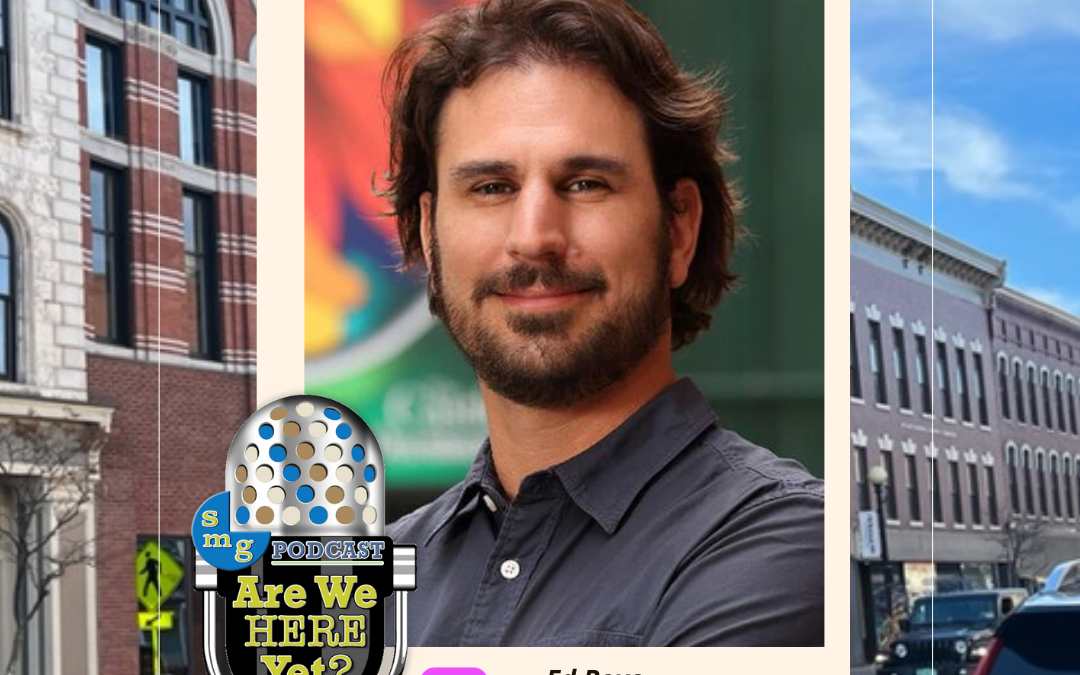
Episode 163 Are We Here Yet?
Plus Composer Maria Schneider in The Jazz Room “We have to keep innovating for the future because it’s not happening right now’. We examine local real estate markets and the unique mix of property and economic development components at the local level here at the...

Client Press Release 09.17.24
SMG Client Breaking Housing Matters Launches first fundraising effort In America today people without a permanent place to live are now at risk of arrest for sleeping outside in public spaces. BHM believes this is an intolerable solution to the national housing...
Also from M the Media Project
Article Series
Podcasts
Video Channels
News Features
Mental Suppository Podcast
On the Rocks Politica
SMG’s ‘Are We Here Yet’?

Interested in advertising with us? Perhaps you want a unique way to support the economic development work we accomplish while getting access to our intelligent and informed listeners? Join our roster of supporters. Click that button below to find out more.

